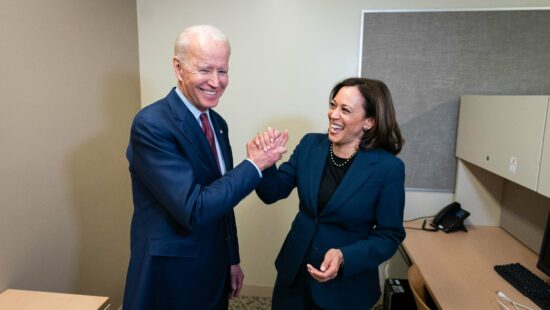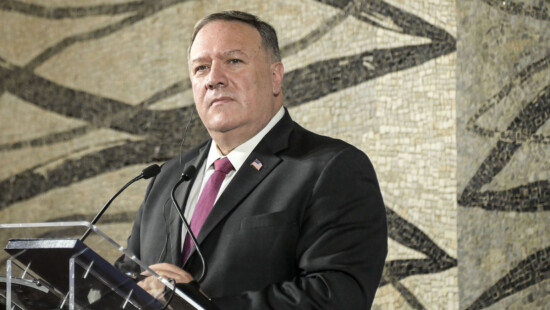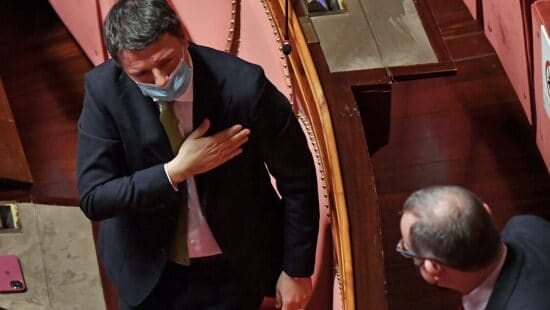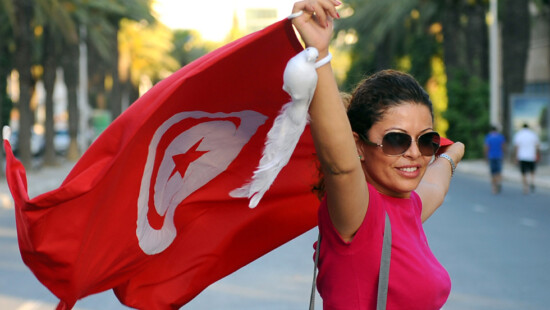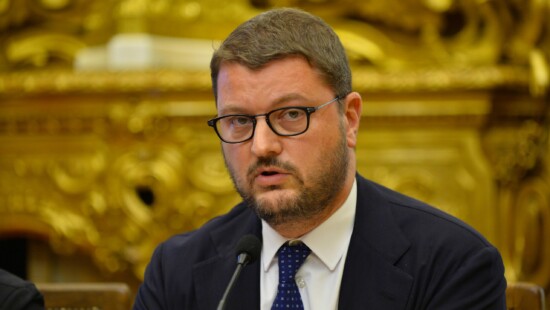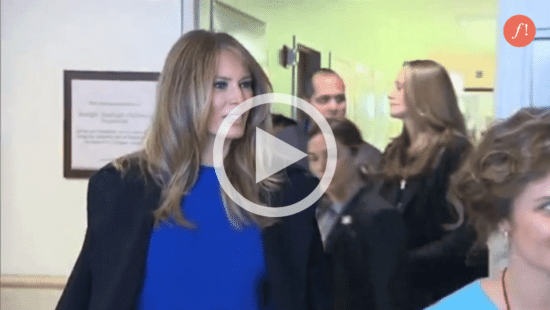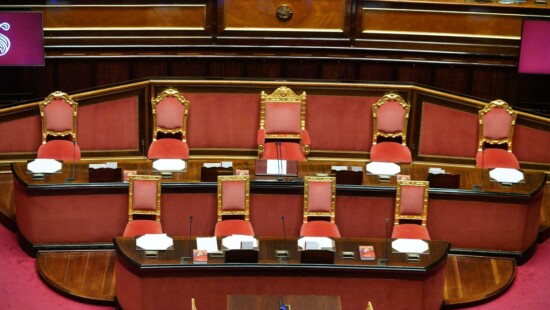Avril Haines, scelta da Biden come prossimo direttore dell’Intelligence nazionale, chiede alla politica di tenersi alla larga dagli 007 dopo gli anni turbolenti con Trump. Un dibattito acceso anche nel nostro Paese
Archivi
I cinesi commettono genocidio. Mike Pompeo saluta col botto (ma Blinken non sarà più tenero)
Campi di prigionia e sterilizzazioni forzate. Secondo il Dipartimento di Stato la Cina nello Xinjang sta compiendo crimini contro l’umanità e genocidio, l’illecito più grave nel diritto penale internazionale, nei confronti della minoranza musulmana uigura. Se Trump non aveva interesse a colpire Pechino sul punto, anche Biden ha parlato di genocidio. E Blinken oggi al Senato dirà…
Uganda, se dietro lo scontro Washington-Kampala c'è lo zampino di Pechino
Il governo autoritario di Museveni attacca gli Stati Uniti, colpevoli di ingerenze a favore del rivale Bibi Wine tramite un contatto cercato dall’ambasciatrice americana, dice Kampala. Ma dietro l’uso aggressivo del fronte diplomatico potrebbe esserci la Cina, che sfrutta l’Uganda per attaccare gli Usa
Cyber e 007, il perimetro si allarga. Arriva il nuovo dpcm
Dopo il parere del Consiglio di Stato il secondo Dpcm del “Perimetro cyber” prosegue il suo iter in Parlamento mentre la rete di controlli incassa l’endorsement Usa. Ecco il vademecum per le notifiche e le misure di sicurezza da prendere
Saremo maledetti dai nostri figli. Cosa ha detto Renzi al Senato
Il leader di Italia Viva ha elencato le ragioni della crisi al premier Conte, che sia alla Camera che al Senato aveva sottolineato di non comprenderle. E si è tolto, Renzi, qualche sassolino dalle scarpe, come la proposta di un incarico internazionale…
Tunisia, le proteste penalizzano le forze post-islamiste? L'analisi di Profazio
Le proteste in Tunisia non si fermano, e secondo Profazio, associate fellow presso IISS e analista esperto di Maghreb alla Nato Foundation, il rischio è che questa situazione di instabilità generale, la diffusione delle proteste, la percezione di una sostanziale anarchia possa favorire le forze politiche che pensano alla restaurazione di un ordine precedente alla Primavera del 2011
Dagli Usa e dall’Europa messaggi chiari a Cina e Russia. Parla McAllister (Cdu)
La leadership Cdu di Laschet e la sfida dei populismi, i rapporti transatlantici con Biden e la risposta democratica ai regimi. Intervista a tutto campo con David McAllister, esponente di spicco della Cdu, vicepresidente del Ppe e presidente della commissione Affari esteri del Parlamento europeo
Al Senato sarà impossibile governare, su Renzi prevale il risentimento. L'analisi di Migliore (IV)
“Ormai sembra che si appelli a tutti tranne che a Italia Viva. Preferisce andare alla ricerca dei ‘Mastella’ , allontanando potenziali voti certi come quelli del nostro partito”. Conversazione con Gennaro Migliore, deputato di Italia Viva
L'addio di Melania Trump su Twitter: "Violenza non è mai la risposta". Il video
L'addio di Melania Trump su Twitter: "Violenza non è mai la risposta" [embedyt] https://www.youtube.com/watch?v=ZxOpQrr2BBA[/embedyt] Washington, 19 gen. (askanews) - La First lady uscente degli Stati Uniti, Melania Trump, ha scelto un videomessaggio su Twitter per dare l'addio alla Casa Bianca e si è rivolta direttamente agli americani. Anche se la sua popolarità è in calo in questi anni l'ex modella…
Senato, a Conte basta la maggioranza relativa ma... La versione di Lippolis
Costituzione alla mano, il presidente del Consiglio non ha bisogno della maggioranza assoluta al Senato per andare avanti, come successe a Berlusconi nel 2010… Però se non scioglierà i nodi politici resterà un esecutivo ostaggio dei numeri. Conversazione con il costituzionalista Vincenzo Lippolis




